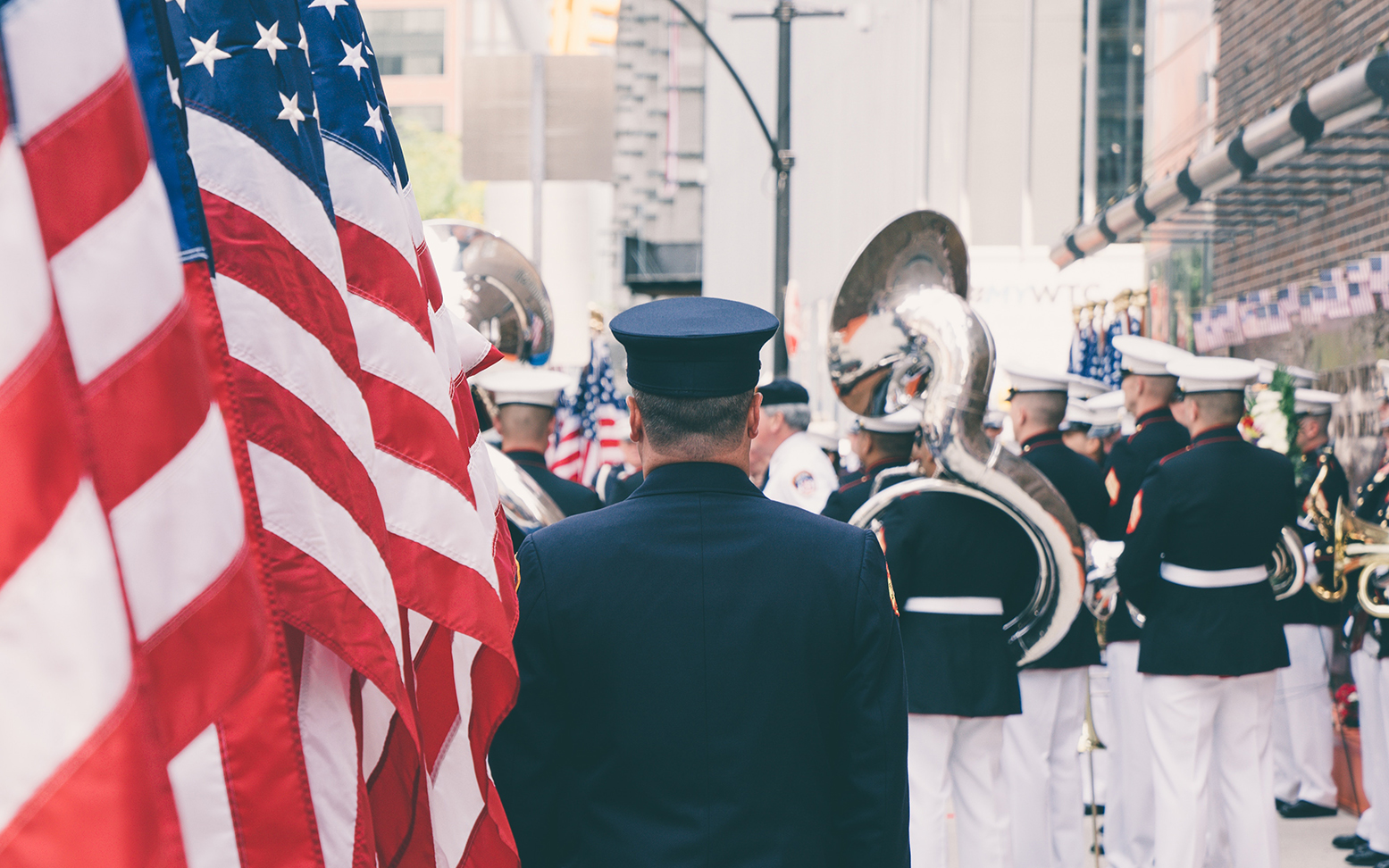What are we celebrating on Memorial Day? The local stores are all stocked with American flags, charcoal grills, and lawn chairs. People are looking forward to the long weekend so they can relax and get together for parties. But in the midst of all the grilling and family get-togethers there hangs a somber reality that all too often goes neglected.
Memorial Day was established nationally in 1868 as a time to remember and honor those who fell on a battlefield in behalf of our country. It was established so soon after the Civil War that I can’t imagine there was much of happiness and celebration. It was perhaps the most tragic time in America. Brothers fought against brothers, and the horror of that war was fresh in the minds of those who first observed Memorial Day.
It is a somber thing we commemorate. As Christians, we know that war is not something to be happy about. It is nothing if not tragic, one of the most horrific results of sin. The things that soldiers see and must do in order to defend their homes are indescribably terrifying. But they do it, and many of them never return.
In light of this, how can we rightly observe Memorial Day? First, by lamenting the war that claimed the lives of those brave men and women—we do them no honor if we remember that conflict with anything but sobriety. Second, by honoring the soldiers who died. And last, by celebrating what they won for us.
The following is an excerpt of the original Memorial Day proclamation delivered by General John A. Logan. It speaks about activities designated for Memorial Day, which is helpful for those who wish to observe it in a more meaningful way.
The 30th day of May, 1868, is designated for the purpose of strewing with flowers or otherwise decorating the graves of comrades who died in defense of their country during the late rebellion, and whose bodies now lie in almost every city, village, and hamlet churchyard in the land.
Their soldier lives were the reveille of freedom to a race in chains, and their death a tattoo of rebellious tyranny in arms. We should guard their graves with sacred vigilance. All that the consecrated wealth and taste of the Nation can add to their adornment and security is but a fitting tribute to the memory of her slain defenders.
If other eyes grow dull and other hands slack, and other hearts cold in the solemn trust, ours shall keep it well as long as the light and warmth of life remain in us.
Let us, then, at the time appointed, gather around their sacred remains and garland the passionless mounds above them with choicest flowers of springtime; let us raise above them the dear old flag they saved from dishonor; let us in this solemn presence renew our pledges to aid and assist those whom they have left among us as sacred charges upon the Nation's gratitude—the soldier's and sailor's widow and orphan.






